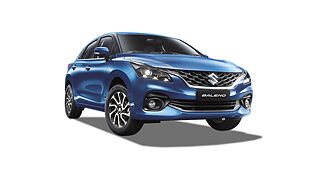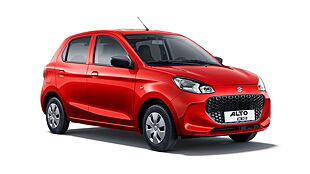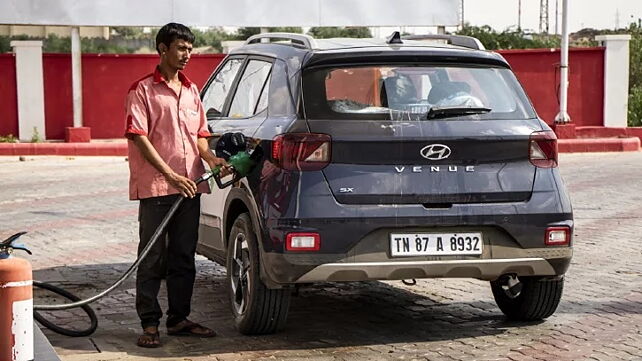
Most of us have been sweating it out to understand the ramifications of the BS6 emission norms on new vehicles in India. So what is this all about? Well, to understand that, let’s go back in time to the year 2000. This is when the Government of India first introduced the Bharat Stage Emission Standards (BSES) to keep a check on air pollutants from the internal combustion engine. Internal combustion engines produce harmful pollutants in the form of carbon dioxide (CO2), hydrocarbons (HC), particulate matter (PM), carbon monoxide (CO) and nitrogen oxides (NOx). Coming back to the timeline, the BS2 and the BS3 norms were put into effect in 2001 and 2005, respectively. This was followed by the BS4 emission norms that were implemented across 13 major cities in April 2010. Eventually, in April 2017, the BS4 standards were mandated throughout the country.
Despite these already stringent emission norms, India has been struggling to keep the air pollution in check. As a result, the government has decided to skip the BS5 norms altogether and enforce the BS6 norms from April 2020. This will bring India on par with the US and European emission standards. Now, fuel plays a crucial role in upgrading to the mandatory BS6 norms from April 2020. But, do we really need to worry about it now and also in the near future? Let’s find out.
BS6 Vs BS4 fuel type
The BS6-compliant petrol engines are designed and developed to treat pollutants after the combustion process, as the exhaust treatment system helps in trapping pollutants like NOx and PM. As for the BS6-compliant diesel engines, OEMs are working on an enhanced combustion chamber design with a clean fuel injector system that will in turn ease the process. This will help in finer atomisation of fuel thereby resulting in considerable improvement in the entire combustion process. The BS6 fuel has sulphur content equal to 10mg/kg while the BS4 grade fuel has sulphur content equal to 50mg/kg. Lesser sulphur content automatically means greener and cleaner fuel quality as it reduces the emission of harmful pollutants like carbon monoxide, nitrogen oxides and hydrocarbons.

Can BS6 vehicles run on BS4 fuel?
The BS6-compliant petrol cars will optimally run on BS6 fuel. That said, the new petrol engines can also run safely on BS4 fuel. Currently, BS6 petrol is available only in Agra and Delhi NCR regions. However, the BS6 diesel engine can only run on BS6 fuel, as the higher sulphur content in BS4 grade fuels can impact the catalytic action in BS6 engine that feature an enhanced combustion chamber. The BS6 diesel and petrol is expected to be available across the country from 1 April 2020.
Can BS4 vehicles run on BS6 fuel?
Now, moving on to the BS4 petrol vehicles, these vehicles are compatible with BS6 petrol due to minimal differences in terms of chemical properties. However, the diesel BS4 engine is likely to have long term implications with BS6 diesel. This can be attributed to the low sulphur content in BS6 diesel which is expected to affect the chemical lubrication process of the injectors and the BS4 diesel engine is likely to show signs of internal wear and tear in long term. The disrupted fuel flow pattern is likely to cause incorrect/incomplete combustion thereby causing an increase in the emission levels.

![Maruti Suzuki Alto K10 [2014-2020] Image Maruti Suzuki Alto K10 [2014-2020] Image](https://imgd.aeplcdn.com/272x153/ec/54/EB/14494/img/m/Maruti-Suzuki-Alto-K10-Right-Front-Three-Quarter-48397_ol.jpg?t=145757857&t=145757857&q=80)
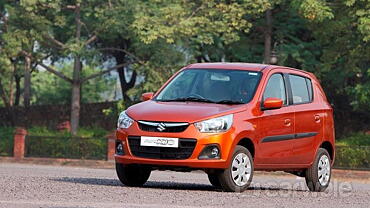




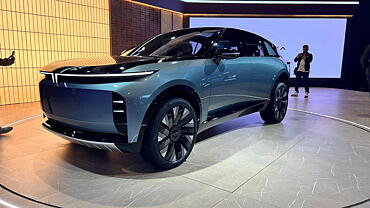




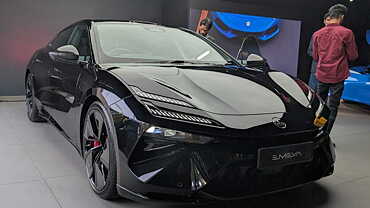


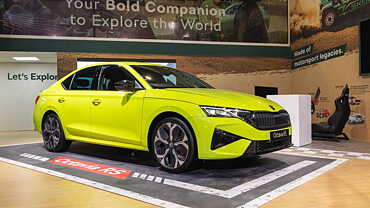
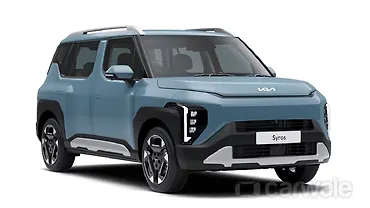
![Maruti Suzuki Alto K10 [2014-2020] Right Front Three Quarter Maruti Suzuki Alto K10 [2014-2020] Right Front Three Quarter](https://imgd.aeplcdn.com/199x112/ec/54/EB/14494/img/m/Maruti-Suzuki-Alto-K10-Right-Front-Three-Quarter-48397_ol.jpg?v=201711021421&q=80)
![Maruti Suzuki Alto K10 [2014-2020] Right Front Three Quarter Maruti Suzuki Alto K10 [2014-2020] Right Front Three Quarter](https://imgd.aeplcdn.com/199x112/ec/54/EB/14494/img/m/Maruti-Suzuki-Alto-K10-Right-Front-Three-Quarter-31869_ol.jpg?v=201711021421&q=80)
![Maruti Suzuki Alto K10 [2014-2020] Right Rear Three Quarter Maruti Suzuki Alto K10 [2014-2020] Right Rear Three Quarter](https://imgd.aeplcdn.com/199x112/ec/54/EB/14494/img/ol/Maruti-Suzuki-Alto-K10-Right-Rear-Three-Quarter-31871.jpg?v=201711021421&q=80)
![Maruti Suzuki Alto K10 [2014-2020] Steering Wheel Maruti Suzuki Alto K10 [2014-2020] Steering Wheel](https://imgd.aeplcdn.com/199x112/ec/54/EB/14494/img/ol/Maruti-Suzuki-Alto-K10-Steering-Wheel-32030.jpg?v=201711021421&q=80)
![Maruti Suzuki Alto K10 [2014-2020] Boot Space Maruti Suzuki Alto K10 [2014-2020] Boot Space](https://imgd.aeplcdn.com/468x263/ec/54/EB/14494/img/ol/Maruti-Suzuki-Alto-K10-Boot-Space-31878.jpg?v=201711021421&q=80)




